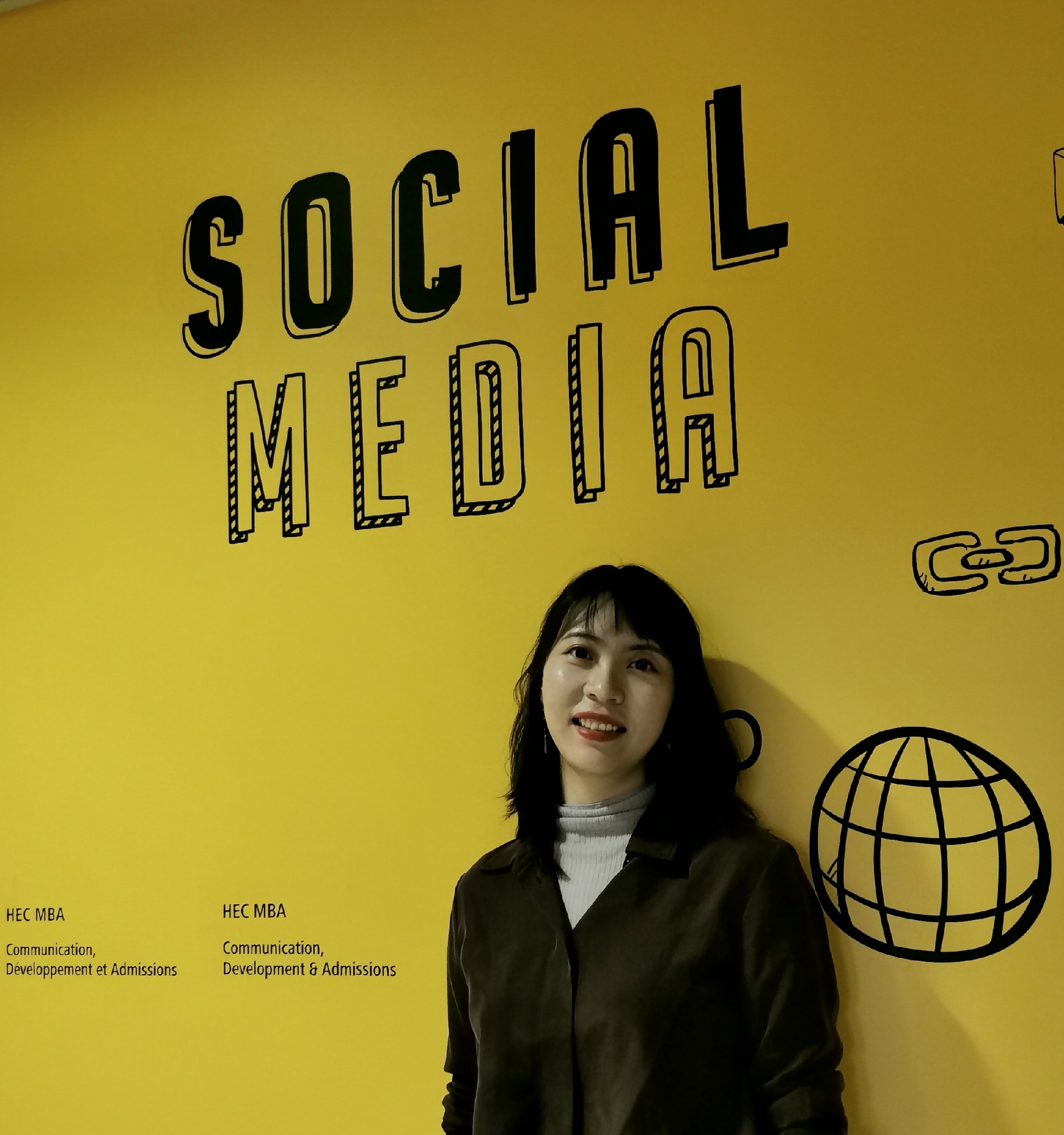Jing Niu
I'm quantitative marketing researcher in Univerisity of Liverpool Management School.

Home. CV. Research. Teaching. More about me
Research
I’m fortuante to have my training supervised by Peter Ebbes, Kristine De Valck (co-chairs) at HEC.
I am interested in understanding how social media users interact and what is the impact of their interactions using a combination of quantitative and qualitative methodologies, including meta-analysis, cluster analysis, causal inference, and machine learning algorithms.
Specifically, I study what motivates social media users’ interactions (the antecedents), what determines patterns of different users’ activities (the content), what influences the effectiveness of social media activities (the implementation), and what determines the outcomes of those activities (the consequences).
Working papers:
The drivers and outcomes of online community participation: a meta analysis
With De Valck. K., and Wiertz. C.
- Job Market Paper
Abstract: Online communities are since long recognized as useful marketing tools. Understanding what motivates community members to interact with each other and what the outcomes of their interactions are helps enhance the efficiency of marketing interventions. Although numerous researchers from multiple disciplines have studied what drives consumers to participate in online communities and with what outcomes, findings from extant studies are sometimes conflicting and insights are fragmented. We summarize twenty years of online community research by means of a meta-analysis of 72 articles to provide generalized insights in drivers and outcomes of online community participation. The findings suggest that members’ participation in online communities is motivated by five types of drivers (emotional, functional, and social bonding needs, social norm pressure, and platform-initiated incentives), and their participation benefits a variety of stakeholders (the members themselves, the community, and the related brands). There is a variation in the strength of driving and outcome effects across community types, community ownership, participation types, and research methods. By systematically integrating the two most important factors related to online community participation, this study contributes to the literature on online community participation.
Seminar and conference talks:
- Interactive Marketing Research Conference, 2020
- INFORMS Marketing Science Conference, 2020
Beyond follower size: investigating influencers’ endorsing content creation strategies
With De Valck. K., and Ebbes. P.
Abstract: Social media influencers play essential roles in brands’ communication with target consumers. Optimizing social media campaigns with influencers has remained a hot topic recently. While most research has focused on influencer selection based on their network degrees, expertise, or other characteristics, this paper investigates influencers’ content creation strategy(ies) once they have been selected by the company. We propose that influencers utilize more than one strategy to create content for a campaign based on their multiple personas (a peer to the audience, a persuasive-based brand agent, and a marketer of their self-brand). Our empirical approach employs quantified content data of more than 2500 sponsored Instagram posts to conduct a latent cluster analysis. We document distinct content creation strategies influencers used in practice and provide evidence that influencers’ strategy choices are not related to their follower sizes and experience levels (i.e. number of past paid posts and tenure as an Instagrammer). These findings shed light on marketing managers’ influencer selection and assessment for future campaigns.
Seminar and conference talks:
- European Marketing Academy Conference Doctoral Colloquium, 2022
- ESSEC-HEC-INSEAD Marketing Campaign, 2022
- HiPARIS Summer School on AI \& Data for Science - Poster session, 2022
The effectiveness of social media influencer campaigns
With De Valck. K., and Ebbes. P.
Abstract: Previous research in influencer marketing suggests firms seed macro-influencers who have high (in-degree) connectivity in social networks––while in practice, more and more marketers engage micro-influencers (with lower indegree). Analyzing a large dataset of sponsored posts on Instagram, we compare the effectiveness of micro-influencers and macro-influencers by considering both audience engagement with posts and endorsement compensations. Specifically, we investigate the effects of influencers’ content creation strategy, follower sizes, and brands’ monitoring on campaign effectiveness with other campaign features carefully controlled. Our preliminary findings suggest that influencers’ content creation strategies moderate the relationship between their follower size and campaign effectiveness. Our work provides novel insights that aid marketers in influencer assessment and social media campaign implementation.
Seminar and conference talks:
- (Session chair) INFORMS Marketing Science Conference, 2020
- (Accepted but canceled due to Covid-19) European Marketing Academy Conference, 2020
Selected work in progress:
-What is the impact of influencer’s creativity on influencer campaign performance?
-How do live-streaming content creators adjust their behavior as audience sentiment varies?